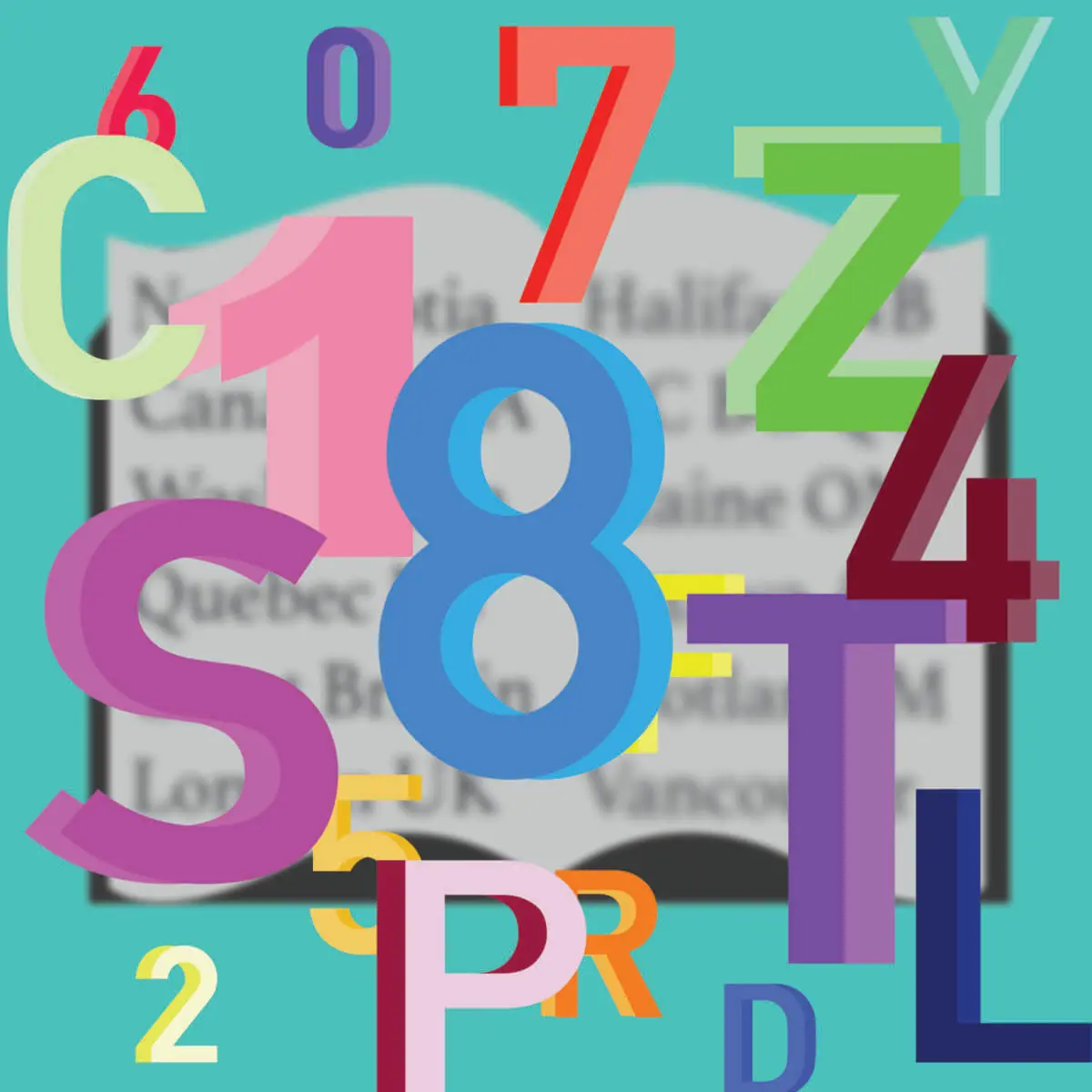For students who may have learning disabilities but do not have a diagnosis, life on campus can be difficult. Things are made more complicated by the price of diagnostic testing. Learning disability assessments can cost up to $3,500 and, in Nova Scotia, they are rarely less than $500.
On Oct. 18, the Dalhousie University Student Union’s council passed a motion to create a testing bursary and oversight committee to help students afford assessments. Every year, the DSU receives money from Student VIP, the company that provides the DSU health and dental plan, to be used for student bursaries. This year, they received $35,000 for mental health-related funding.
“We realized, instead of doing something that would address some of the symptoms of mental health issues, if we address the root of the problem that might be more helpful for some students,” said DSU president Madeleine Stinson. “If we empowered students financially to get a diagnosis, we’re getting at the root.”
That bursary is now available. Through it, students will be able to access up to $1,000 of support.
How it can help
Members on the student accessibility bursary committee noticed they were getting lots of similar requests.
“Most of the applications we get are for people looking for money so that they can afford these assessments to prove they are disabled,” said Victoria Slipp, the students with disabilities representative on council.
Slipp said an important part of empowering students with disabilities is ensuring they have the ability to advocate and fight for themselves. “It’s harder for students with disabilities to self-advocate without a diagnosis, and it’s even harder with financial barriers,” she said.
“The cost of these assessments is insane. It’s usually over like $1,000, and students can’t afford that,” Slipp said. “Currently, students can only have $1,000 from the student accessibility fund, so partnered with this new, additional fund they can get the support that they need and access this testing.”
Learning Disabilities Services at Dalhousie offers a range of accommodations for students depending on their needs. Notetakers and time extensions are some of the most common.
“These kinds of things will be more accessible if people can finally get the funding they need to get a diagnosis,” said Slipp.
A diagnosis is a key to many doors, according to Stinson. “When you have an official diagnosis, getting money from other parties is so much easier,” she said. “You can get federal and provincial funding, tax exemptions. It just loosens things up to get more support to students on campus who often need it most.”
How it works
Students can apply for diagnostic testing at the Dalhousie Health and Wellness Centre. The psychologists there have been informed of this new bursary and are qualified to offer it to students who identify themselves as in financial need.
“Students who walk in and go, ‘my plan will cover this no problem’ probably aren’t even going to be told about this bursary,” said Stinson. But those who identify themselves as needing the funds should expect a smooth process.
The creation of this bursary comes with the formation of a new bursary review committee consisting of the DSU President, the students with disabilities representative and one member at large – meaning a Dal student who’s not on council. The job of this committee is to approve students who apply for the bursary, but Stinson and Slipp say this will be quick.
“Unless someone literally said on their application that they don’t need the money, we’re going to approve everyone. Students waiting for this testing already have enough on their plate they shouldn’t have to prove their financial situation.”


Recent Comments